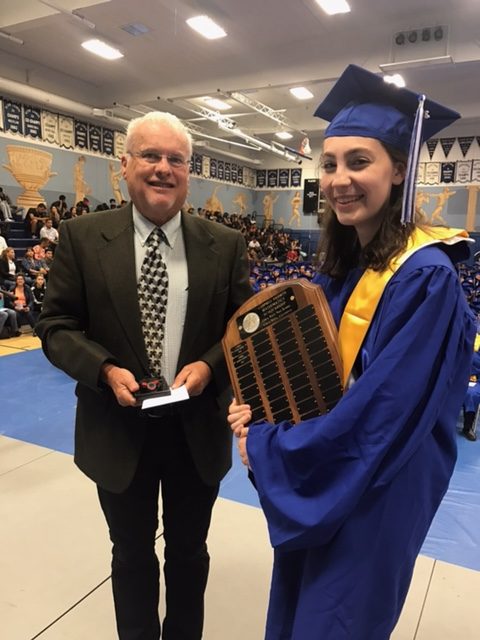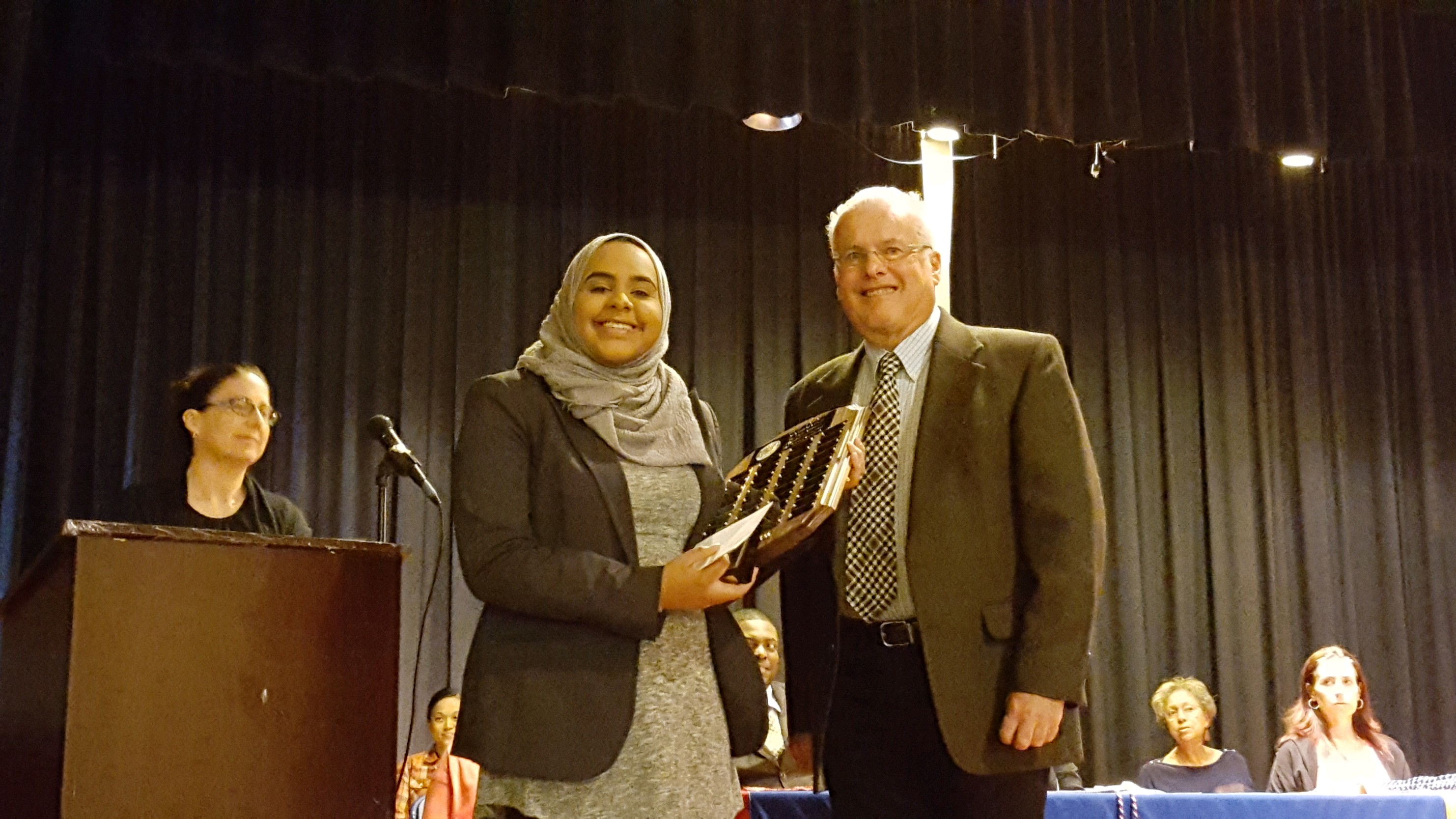

Campbell Naismith is a graduate of the University of California, San Diego (UCSD), Revelle College, in mathematics and has a Masters degree in Curriculum and Instruction from United States International University. He earned both a single subject teaching credential in mathematics and a multiple subject teaching credential.
He has extensive teaching experience (more than 30 years) working in both the public and private school sectors in a wide range of diverse settings. He taught at Barton Elementary School, the San Diego Center for Children, St. Thomas’ Episcopal School, Chula Vista High School, Bishop’s School, and Olympian High School. He has won awards and recognitions for teaching including teacher-of-the-year at Chula Vista High School, a GTE GIFT grant award for the computer animation of biology and mathematics, and two Southern Consortium Impact II Innovation Prizes for lesson plans that emphasized diversity. He has presented at the San Diego Science Educators Association and the Greater San Diego Mathematics Council conferences.
Campbell has taught as lecturer at the university level at UCSD in Education Studies (EDS) 138, Introduction to Tutoring at the Preuss School, and as part of the secondary team in the EDS 129 and 379 series. He also has broad experience supervising, supporting, and mentoring student teachers, apprentice teachers, interns, and first-year teachers through being a mentor teacher, a consulting teacher, a master teacher, the lead support provider for the Sweetwater Beginning Teacher Support and Assessment (BTSA) program, and through his position as Secondary Distinguished Teacher in Residence at UCSD Education Studies from 2001-2008. Campbell is particularly proud of his roles as lead support provider for the model Sweetwater Union High School District (SUHSD) BTSA program, as trainer of trainers in the California Formative Assessment and Support System for Teachers (CFASST) in the State of California, as California High School Exit Examination (CAHSEE) Math Director for the Migrant Education Institute, and in the development of the secondary mathematics Performance Assessment for California Teachers (PACT) while working in Education Studies at UCSD.
He is an advocate of the prominent position of public education as a cornerstone of American democracy and has a concern with the superabundance of tracking, both within individual schools and between schools. Such institutionalized segregations, beginning with the very young, is harmful, confining, and perpetuates a status quo where individuals struggle to see the means to fulfilling productive and rewarding personal goals and lifestyles. There is strength in diversity and choice. Campbell enjoys teaching in settings of high diversity and gains satisfaction when students make choices about their lives supported by successful educational experiences that he has contributed to. Whether it be a student from Chula Vista High electing to attend an Ivy League school, or a student from an elite private school electing to become a working musician, or a student from the Migrant Education Institute passing the CAHSEE exam then choosing to consider a university degree program beyond high school – all are satisfying from his teaching perspective because individuals are empowered to choose and control their own lives and destinies within our democracy.
Campbell’s philosophy of successful mathematics teaching is that it requires a balance of three components: problem solving, concept building, and procedure and skill development. Repeated problem solving generates a personal experience that sees the potential for a variety of solution pathways for any given problem situation. This translates well and is essential to developing reasonable resolutions of current and later life-context problems by students. Conceptual understanding is critical for the retention and organization of general and domain-specific problem-solving strategies for students and users of mathematics. Procedures and skills are necessary to successfully and efficiently negotiate one’s way to a correct solution. Unfortunately, the very high emphasis of current mathematics teaching at many public and private schools is procedural, driven by standardized testing and the multiple choice assessment tools. Campbell believes this reality if continued will ultimately yield a one-legged stool of mathematics learning, rather than a stable three-legged one. Campbell devised and uses the Star System Approach to Problem Solving (shown below) in the classroom to actively enable students to consciously move between various mathematical representations as they study and work mathematically. Mathematics is ubiquitous and student knowledge of and confidence about its many representations is empowering.